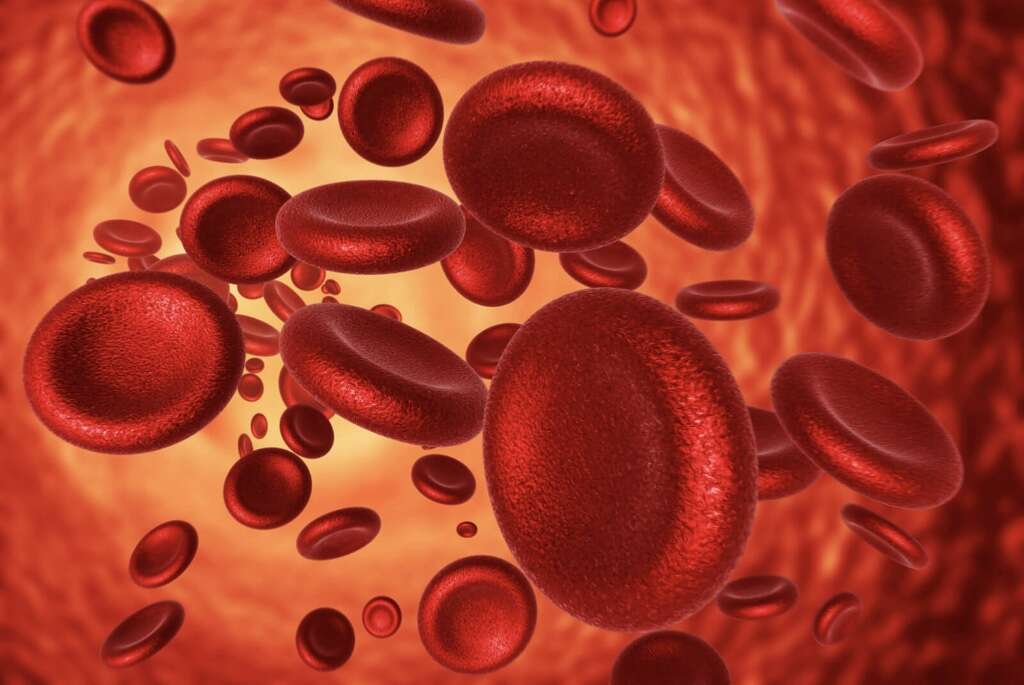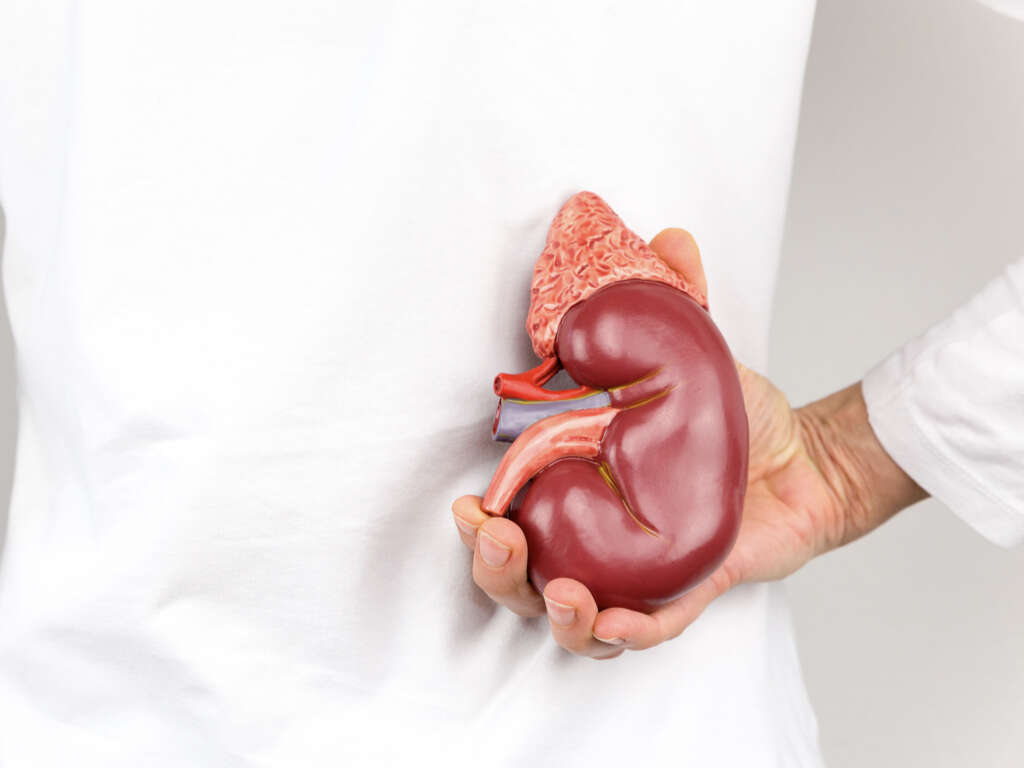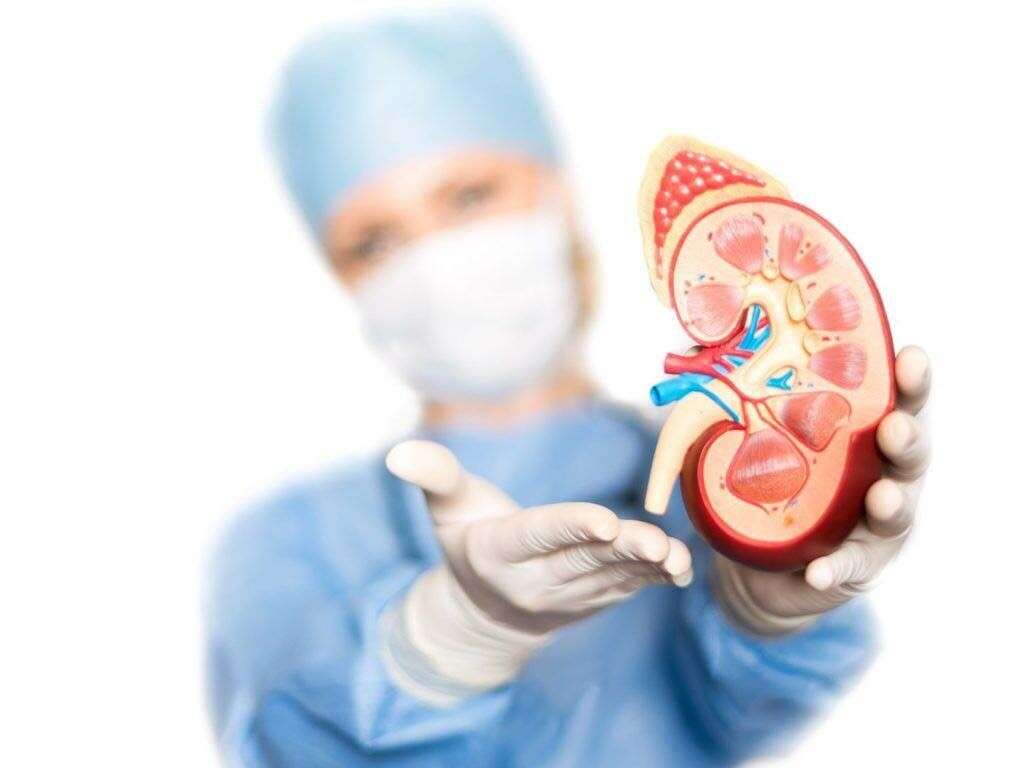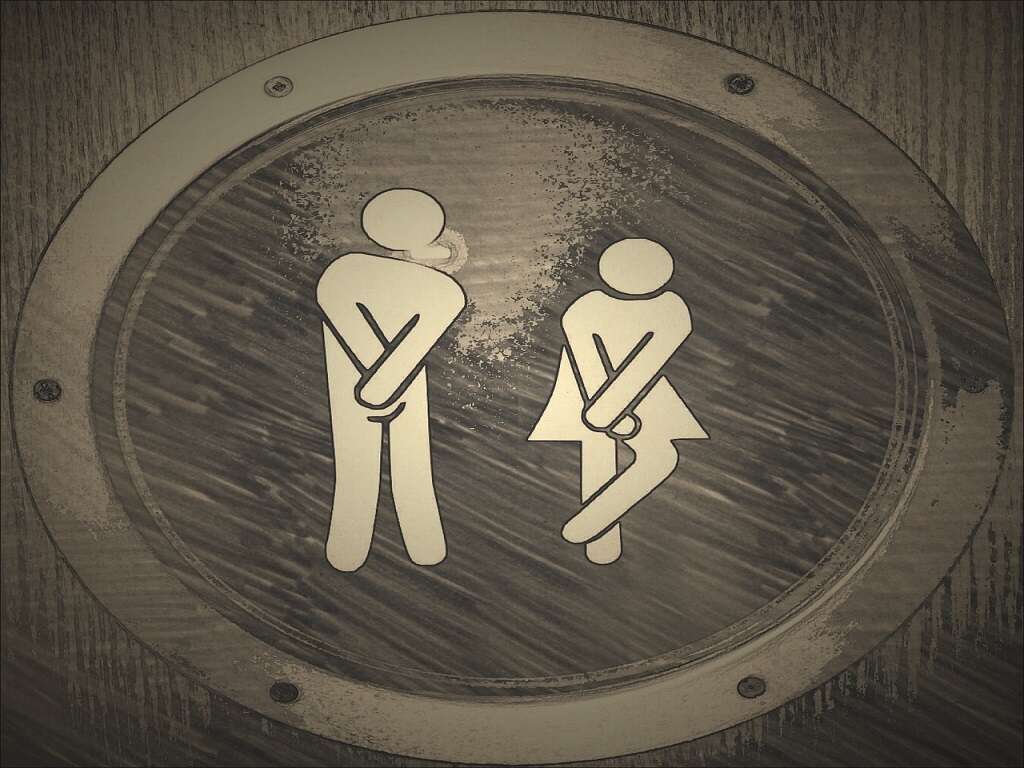10 Uremic Symptoms
Uremic syndrome, also referred to as uremia or sometimes simply uremic, is a condition that affects the kidneys and the urinary tract. The kidneys are important organs that the body uses to help eliminate waste and fluid from the body in the form of urine. If the kidneys aren’t functioning properly then many issues can arise as these toxins will remain in the bloodstream. This is what’s known as uremia.
There are a number of things that can contribute to uremia. The condition can emerge as a complication of another health problem such as diabetes or chronic high blood pressure; it can also occur as the result of some sort of injury or serious infection that affects the kidneys. Uremia may be a condition that originates in the kidneys, but symptoms of the illness can affect the entire body. It’s not uncommon for people with uremia to feel nauseous, itchy, and suffer from cognitive problems. There are a couple of ways to get tested for uremia. One such way is to get a simple blood test from a doctor. These tests will measure the blood to detect certain levels of the toxins that the kidneys are supposed to be filtering out. A urinalysis can also help to diagnose a patient with uremia because it will reveal if blood proteins or other substances are present in the urine that shouldn’t be.
Treatment for uremia can depend on the problem that’s causing it in the first place. If the condition is caused by diabetes, for example, then getting the diabetes managed may prevent the patient from experiencing a worsening of their uremia. If the kidneys have become so damaged that they’re not working properly then the patient might need to manually have toxins removed from their body. The first step, however, is getting diagnosed for the issue. If you think that you or a loved one might be struggling with uremia, then checking out this list of symptoms should help you determine whether or not you’re in need of further treatment.

Symptom #1: Nausea
Nausea is a symptom that many of us are familiar with. Most of us first experienced nausea alongside our first bout of stomach flu. The problem manifests as a queasy-sick feeling in the pit of the stomach that may or may not precede vomiting. Nausea is usually an indication that there’s something in the body that needs to be expelled.
However, it doesn’t only occur when there is something in the stomach to be expelled, such as in the case of uremia, where the nausea can indicate that there are too many toxins flowing in the blood because the kidneys aren’t properly able to excrete them.

Symptom #2: Itchiness
Uremic pruritis—a more specific name given to the uremic version of a condition referred to as chronic kidney disease-associated pruritis, is a condition in which patients become excessively itchy. Pruritis, here, means itchiness.
This condition tends not to occur until patients are in the more advanced stages of their kidney disease. Pruritis tends to affect between 20% and 50% of patients whose kidneys are beginning to fail as a result of their renal disease.

Symptom #3: Loss of Appetite
Another thing that tends to occur in people struggling with uremia is a lack of appetite. If not treated with other sources of nutrition, this can lead to serious issues like protein deficiency and eventual mortality.
Lack of appetite can occur when the body becomes overloaded with toxins and it wants to decrease the intake of external substances. It’s important to seek out vitamin therapy or IV nutrients if you can’t bring yourself to eat food.

Symptom #4: Fatigue
Another condition that is quite common among people with kidney diseases—or indeed, with almost any form of disease—is fatigue.
Fatigue occurs when your body is unable to dedicate as much of its energy to physical activity because it’s too busy focusing on trying to manage the symptoms of the illness. In the case of uremia, fatigue can continue to worsen if the condition isn’t treated properly.

Symptom #5: Losing Weight
Many people who develop kidney disorders experience a loss of weight. One of the chief causes for this is the fact that patients with kidney disease often lose their appetite. It can be very difficult for someone to maintain their weight if they are not eating properly.
Patients with uremia often also become quite fatigued and have a hard time maintaining muscle mass because they can’t exercise.

Symptom #6: Trouble Concentrating
Kidney diseases are also known to cause issues with a person’s cognitive abilities. It’s not uncommon for people with uremia to develop problems focusing.
This occurs as the toxins and impurities build up in the blood, impeding the flow of healthy, oxygen-rich, pure blood to the brain. Without this, the brain won’t be able to function as well.

Symptom #7: Pain in Legs and Feet
When kidney diseases such as uremia become serious enough, they can actually lead to nerve damage.
The primary nerves in the same circuit as the kidneys are those in the legs and feet, so some patients who are struggling with serious uremia may report nervous pain in these areas. These pains are often felt as sharp, stabbing pains and can be difficult to treat with conventional painkilling medication.

Symptom #8: High Blood Pressure
While high blood pressure can certainly cause uremia, it’s also known to be a complication of untreated uremia.
This can occur when there is so much toxic material and waste in the blood that it actually becomes more difficult for the body to transport blood throughout it, leading to increases in blood pressure.

Symptom #9: Anemia
Anemia is a condition in which a person doesn’t have enough red blood cells to effectively transport oxygen throughout the body. This often happens if people are iron deficient; however, it can also occur in people who have developed uremia or other kidney problems.
As the blood fills up with toxic material and waste matter, there isn’t enough space for red blood cells to flourish and they may have a harder time surviving due to the toxic buildup in the blood.

Symptom #10: Brain Damage
We have already mentioned that uremia can cause problems with focus and concentration. If the problem goes untreated for a long period of time, it’s also possible that this could lead to permanent brain damage.
This could manifest as more permanent loss of focus or other issues such as memory loss and confusion.












